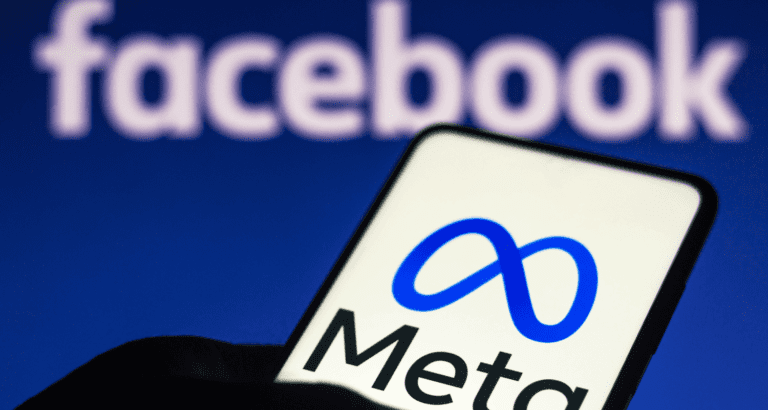Meta is developing a universal translation machine. The organization promises a solution for the entire world population, including speakers of rare languages that current AI translators don’t support.
According to Meta, existing AI translators support 80 percent of all global languages. Rare languages lack the writings required to train AI models. Research teams at Meta AI are tackling the problem with two new projects: ‘No Language Left Behind’ and and ‘Universal Speech Translator’.
‘No Language Left Behind’ focuses on AI models that require fewer resources to learn, allowing for accurate translation of languages with little documentation. ‘Universal Speech Translator’ develops systems that recognize speech and translate directly, without converting to written language. This method is currently used by popular translation apps.
Mark Zuckerberg shared the news in an online presentation. The CEO did not confirm a timeframe or release date. There is a sense of urgency, as the promised system allows Meta to translate all of its platforms for every user.
Risks of automatic translation
The technology must be error-free. In 2017, Facebook struck controversy after a Palestinian man was arrested due to an automatic translation error. The man wrote ‘good morning’ in Arabic, after which Facebook automatically translated the phrase to ‘attack them’ (Hebrew) and ‘hurt them’ (English). Local police arrested the man. Although Facebook apologized and got away scot-free, the organization is undoubtedly aware of the risks of automatic translations.
Tip: Meta shares collapse due to disastrous quarterly results
